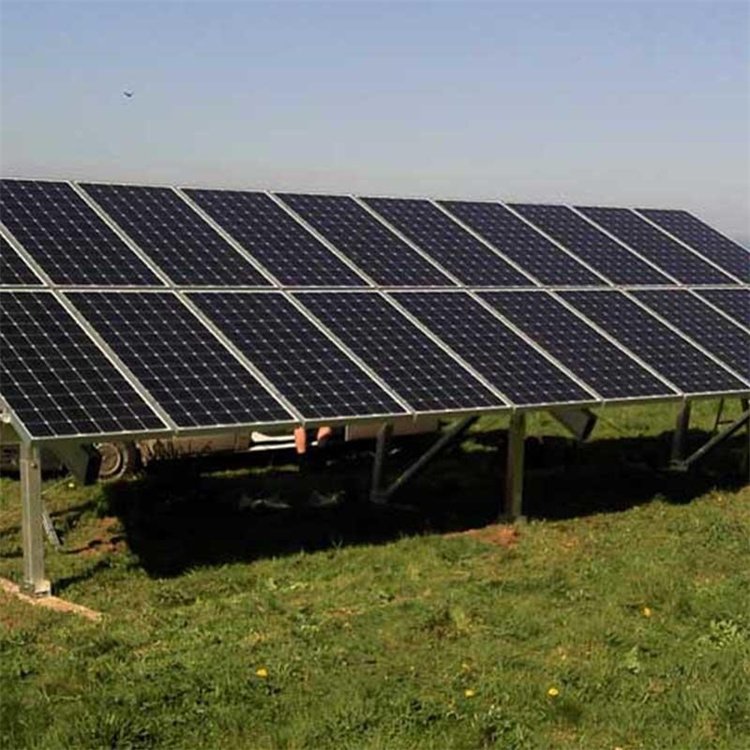
As more homeowners invest in renewable energy sources like solar panels, the need for efficient energy storage solutions has become increasingly critical. Home energy storage systems allow households to store excess energy generated during the day for use during the night, thereby increasing energy independence and reducing reliance on the grid. This article explores the various types of batteries used for home energy storage and their benefits.
Lithium-ion batteries are the most popular choice for home energy storage due to their high energy density, efficiency, and longevity. These batteries can store a significant amount of energy in a compact size, making them ideal for residential setups. They typically last 10-15 years and offer higher discharge rates, which means they can provide power on demand. Brands like Tesla and LG Chem have pioneered lithium-ion battery technology, making it more accessible for homeowners looking to optimize their energy usage.
Lead-acid batteries are one of the oldest types of batteries used for energy storage and are often found in backup power systems. Two main types exist: flooded lead-acid and sealed lead-acid. While they are cheaper than lithium-ion batteries, they have a shorter lifespan and lower energy density. Typically lasting around 3-5 years, lead-acid batteries require maintenance and monitoring, especially the flooded types, which can be cumbersome for homeowners. However, for those on a budget, lead-acid batteries remain a viable option for home energy storage.
Flow batteries are an emerging technology that offers a unique approach to energy storage. They utilize two liquid electrolytes separated by a membrane and can be scaled up easily for larger energy needs. Flow batteries excel in providing long-duration energy storage, making them suitable for homeowners with high energy demands, such as those with electric vehicles or large appliances. While currently less common than lithium-ion or lead-acid options, advancements in flow battery technology could make them more appealing in the future.
Saltwater batteries are an eco-friendly alternative that uses saltwater as the electrolyte. They are non-toxic and pose fewer environmental risks at the end of their life cycle. Although still relatively new in the residential market, these batteries have the potential for a longer lifespan and improved safety compared to traditional batteries. However, their energy density and efficiency currently lag behind lithium-ion batteries. As technological advancements continue, saltwater batteries could emerge as a competitive option for home energy storage.
When selecting a battery for home energy storage, homeowners should consider factors such as budget, energy needs, lifespan, and environmental impact. Each battery type has its strengths and weaknesses, making it essential to assess individual circumstances to make an informed decision. As the demand for energy storage solutions continues to grow, the diversity in battery technologies will provide homeowners with more options to enhance their energy independence and sustainability.
Next:Charging and Discharging Methods for Marine Batteries
Previous:What Energy Storage Technologies Are Available for Homes